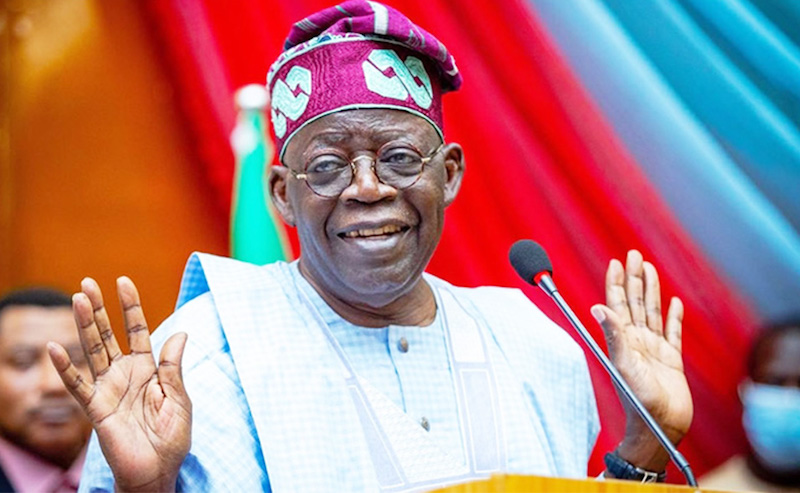
President Bola Tinubu on Wednesday reiterated the call for a proper representation of Nigeria at the United Nations Security Council.
The President made the call in his address at the general debate of the 80th session of the United Nations General Assembly (UNGA) in New York, United States.
Tinubu, who was represented by Vice President Kashim Shettima, said, “We are here to strengthen the prospects for peace, development and human rights. Madam President, I want to make four points today to outline how we can do this.
“Nigeria must have a permanent seat at the UN Security Council. This should take place as part of a wider process of institutional reform.”
The President noted that the United Nations would recover its relevance only when it reflects the world as it is, not as it was.
He added, “Nigeria’s journey tells this story with clarity: when the UN was founded, we were a colony of 20 million people, absent from the tables where decisions about our fate were taken.
“Today, we are a sovereign nation of over 236 million, projected to be the third most populous country in the world, with one of the youngest and most dynamic populations on earth.
“A stabilising force in regional security and a consistent partner in global peacekeeping.
“Our case for permanent seat at the Security Council is a demand for fairness, for representation, and for reform that restores credibility to the very institution upon which the hope of multilateralism rests.”
The President stated that Nigeria stands firmly behind the UN80 Initiative of the Secretary-General, and the resolution adopted by the Assembly on July 18.
He said, “None of us can achieve a peaceful world in isolation. This is the heavy burden of sovereignty. Sovereignty is a covenant of shared responsibility, a recognition that our survival is bound to the survival of others.
“To live up to this charge, we must walk hand in hand with our neighbours and partners. We must follow the trails of weapons, of money, and of people.
“For these forces, too often driven by faceless non-state actors, ignite the fires of conflict across our region.”
